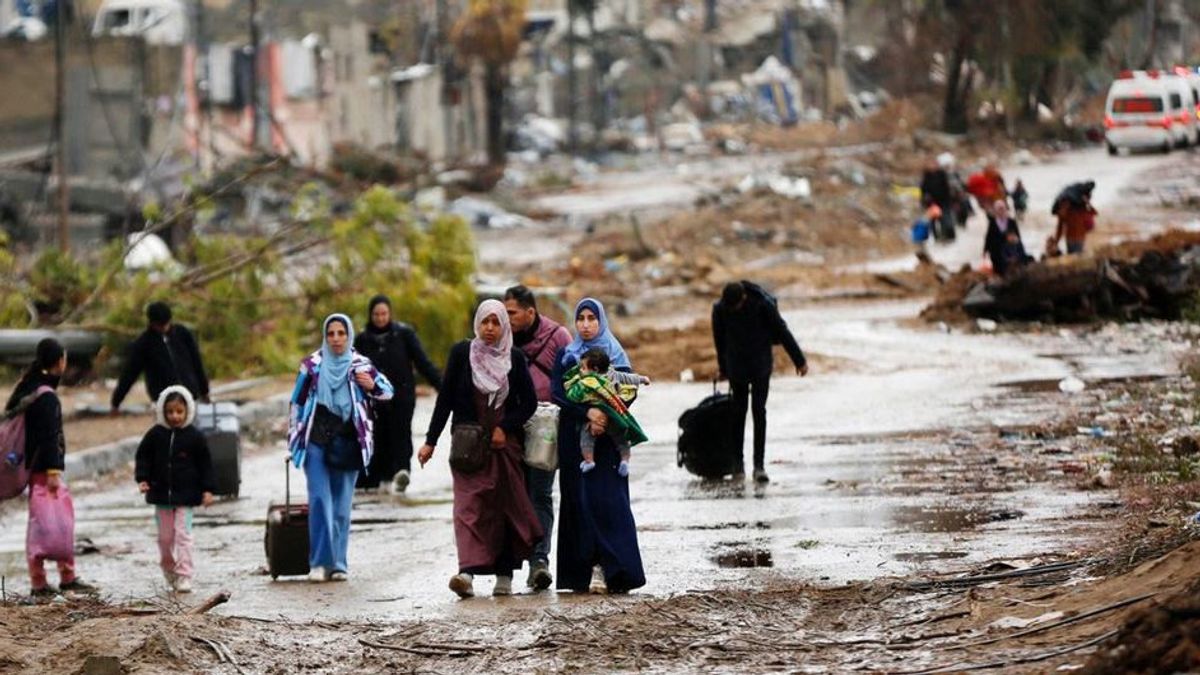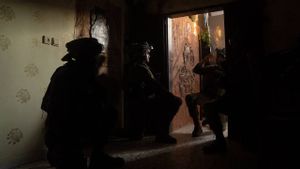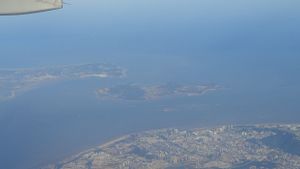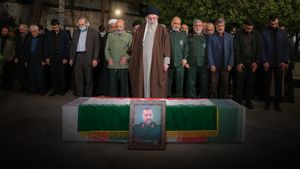JAKARTA - A number of animals at the Rafah Zoo are starving, as the war between Hamas and Israel in the Palestinian enclave has entered its 87th day.
At the Rafah zoo, dozens of impoverished Gazans camped among cages housing monkeys, parrots and lions starving after the Israeli siege and attacks.
Almost the entire population of Gaza, amounting to 2.3 million people, was forced to leave their homes due to bombings that destroyed much of the area. Many of them now crowd the southern city of Rafah, their shelters filling street corners and empty lots.
At the private zoo, run by the Gomaa family, rows of plastic tents stand near animal enclosures and laundry hangs between palm trees. Nearby, a worker tried to hand-feed tomato slices to a weakened monkey.
Many of those sheltering at the zoo are members of extended Gomaa families who lived in various parts of the region before the conflict destroyed their homes.
"There are many families that were completely wiped out. Now our whole family lives in this zoo," said Adel Gomaa, who left Gaza City, as reported by Reuters, January 1.
"Life among animals is more merciful than what we get from a fighter plane in space," he continued.
Four monkeys have died and another is now so weak that it cannot feed itself when food is available, said zoo owner Ahmed Gomaa.
He was also worried about his two lion cubs.
"We gave them dry bread soaked in water just to keep them alive. The situation is really tragic," he said.
The cubs' mother has lost half her body weight since the conflict began, from daily chicken meals to weekly portions of bread, he added.
Separately, a UN-backed report last week warned that Gaza was at risk of famine as its entire population faced crisis levels of hunger. Israel stopped all imports of food, medicine, electricity and fuel into Gaza at the start of the war.
Although Israel now allows aid to enter the enclave, security checks, shipping obstacles and difficulties in getting through war zone ruins have hampered supplies. Many Palestinians there say they don't eat every day.
SEE ALSO:
At the zoo, a lioness and her cubs lie listlessly in their enclosure while children play nearby.
Animals are dying and falling ill every day, said Sofian Abdeen, a veterinarian working at the zoo.
"Cases of hunger, weakness, anemia. These problems are widespread. There is no food," he stressed.
The English, Chinese, Japanese, Arabic, and French versions are automatically generated by the AI. So there may still be inaccuracies in translating, please always see Indonesian as our main language. (system supported by DigitalSiber.id)


















